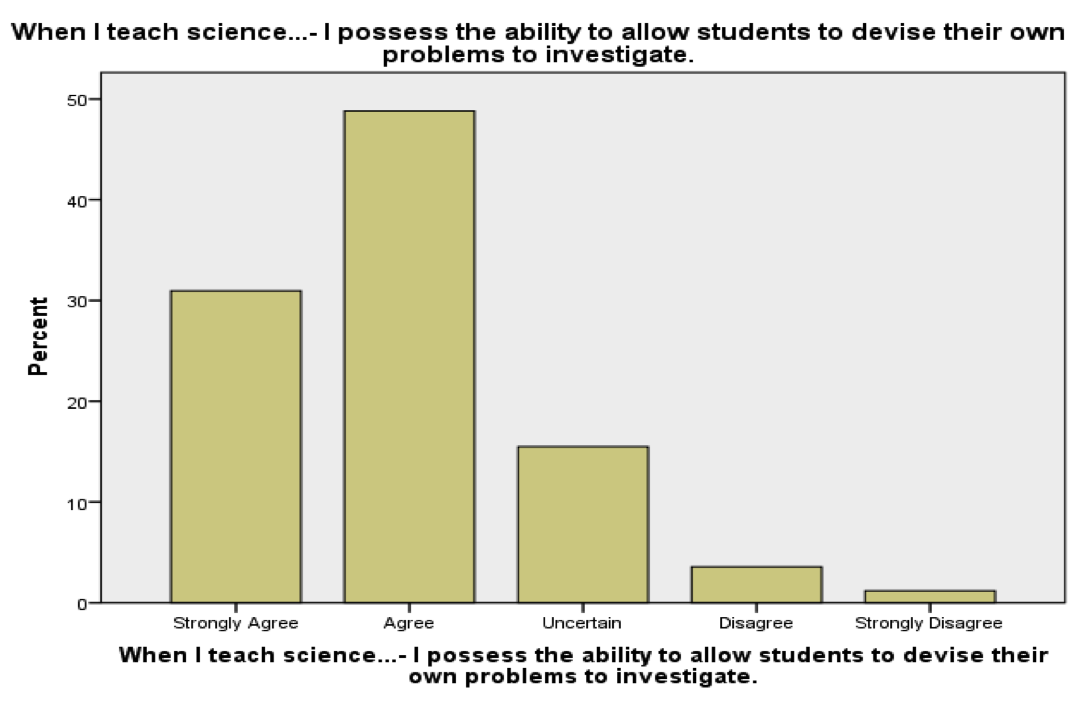‘Practising Science with Pre-Service Teachers’ was a collaborative action project that underpins the ‘Engaging Students with Scientific Inquiry‘ professional learning resources.
Objectives
Addressing the need to increase the quality of pre-service teachers (PSTs), education and science academics collaborated on this project from 2013-2016. Together they develop resources and curriculum processes to help educators:
- Refine their understanding and improve their confidence working with scientific research design and types of scientific thinking
- Engage students with inquiry across various content areas – moving beyond recipe-based science.
Impact
By improving PSTs’ skills and confidence with scientific inquiry, this project may contribute to higher retention of science teachers in the workforce by reducing the impact of emotions such as fear on their experiences with planning and conducting investigations with school students.
Queensland University of Technology (QUT) and James Cook University (JCU) teacher education courses trialled the Engaging Students in Scientific Inquiry resources, with 40 PSTs at JCU and approximately 460 at QUT between 2013-2016. Following engagement with these self-paced learning resources as part of their teacher education course, surveyed students reported enhanced self-efficacy:


The professional learning resources were integrated within curriculum with unit plan documentation, assessment documents and Blackboard sites. This intervention exemplifies a collaborative course and curriculum innovation that has been formalised in university processes.
What next?
Engaging Students in Scientific Inquiry will continue as part of curriculum delivery at QUT and JCU, and be shared with other universities in Queensland and nationally.
The benefits for PSTs will be further evaluated via validated surveys over time, and you can see further details about engagement to date.
This suite of professional learning resources are being promoted more broadly online via this dedicated webspace.
To find out more contact the project leader, Dr Alberto Bellocchi.
